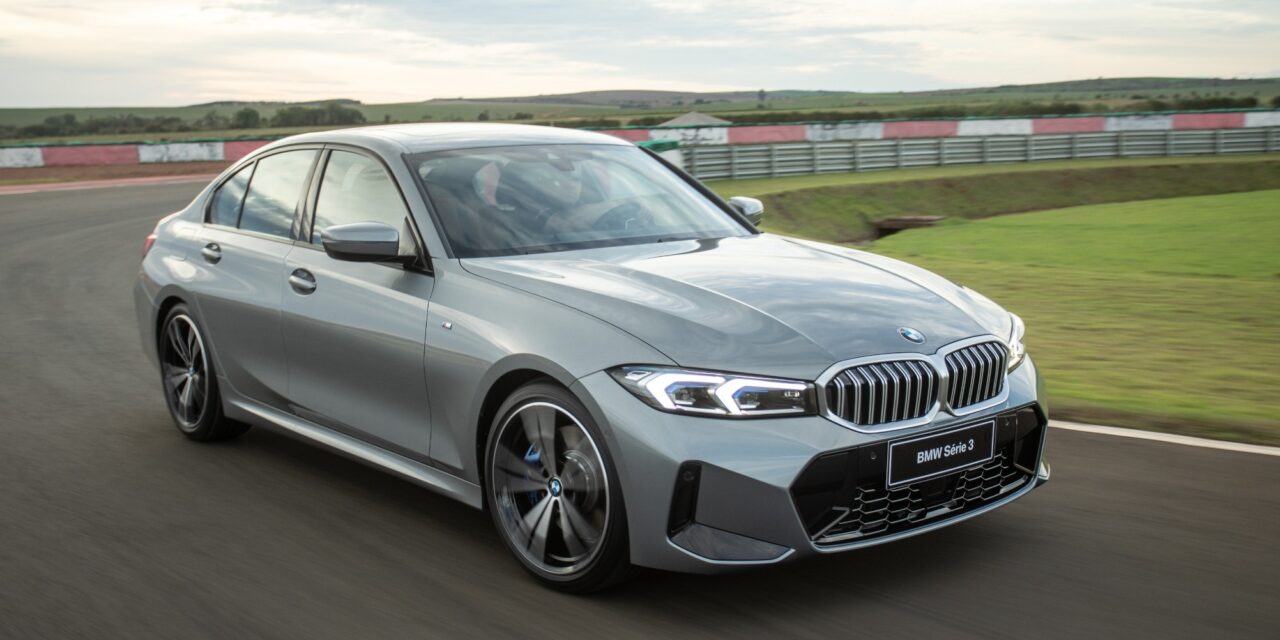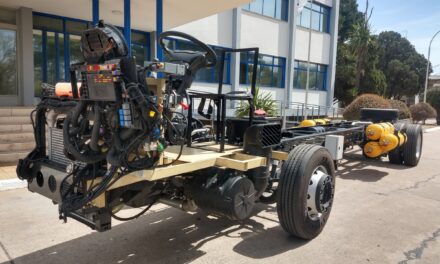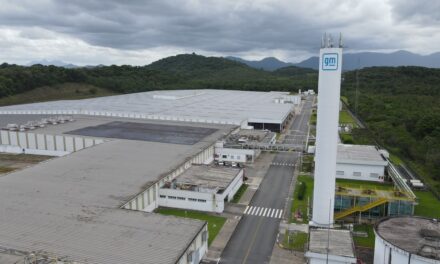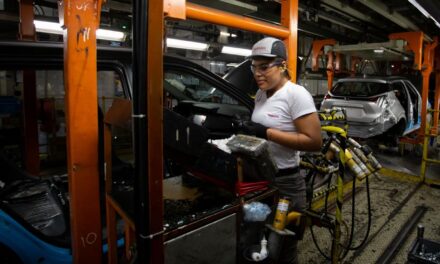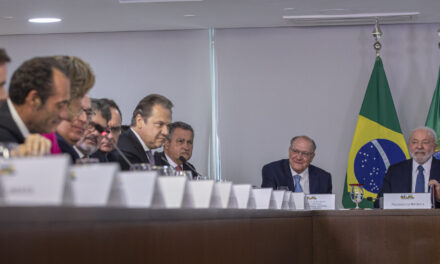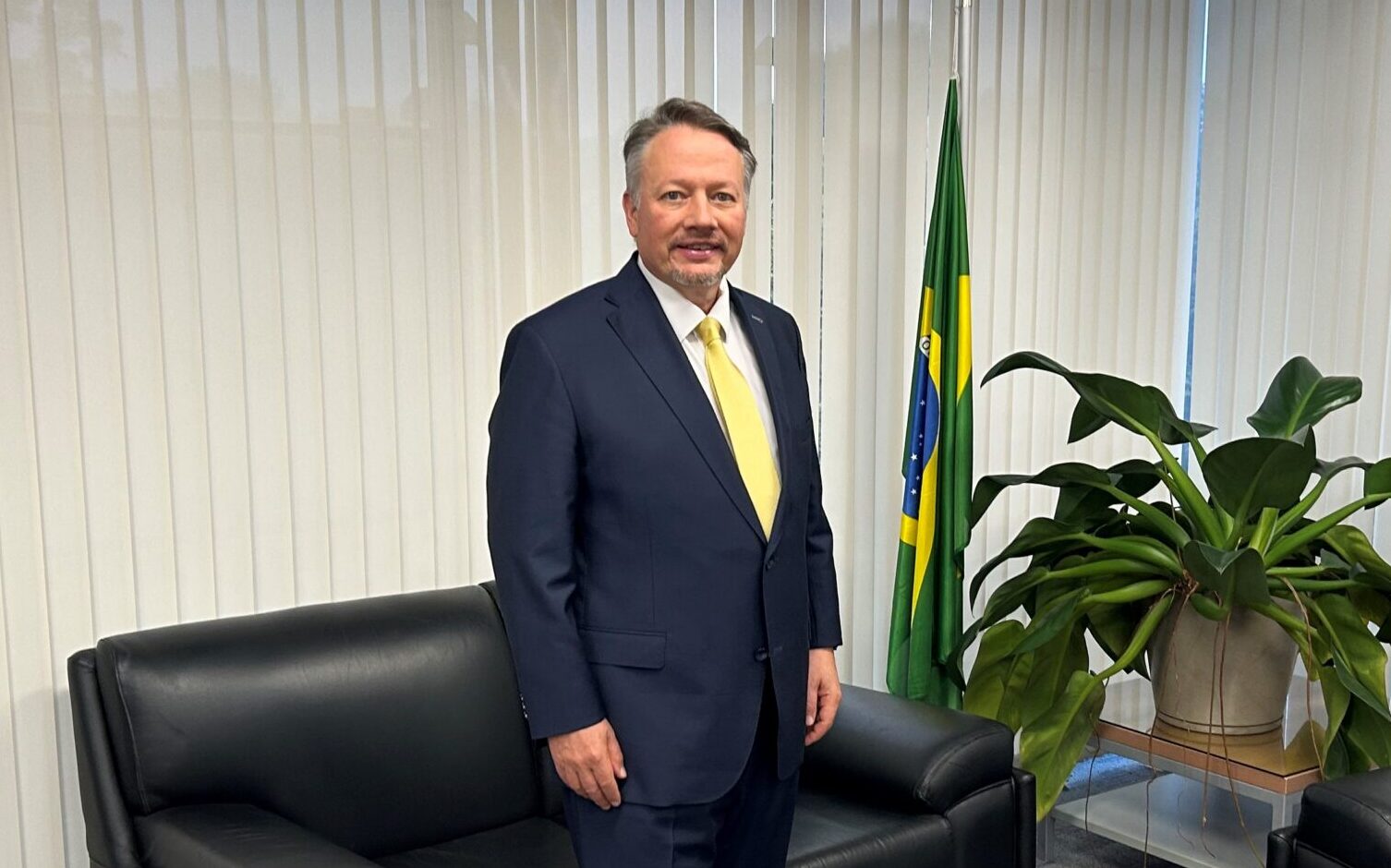By George Guimarães | 10/11/22 | Translated by Jorge Meditsch
Premium brand car registers saw better days in the past. Adding figures from the five bestselling brands of the sector in Brazil – 24.9 thousand units in the first nine months of 2022 – the segment shrank by 20.5%, five times more than the automotive market average, -3,4%.
Leader in the last four years, BMW was the only one to keep last year’s pace. In the same period, it delivered 10.5 thousand units, a close to 4% drop. With this performance, it has already achieved the first place in 2022, with a wide margin over its competitors.
In the yearly comparison, its share went from 35% to 42%. The second-placed Mercedes-Benz negotiated less than half as BMW, 4.4 thousand cars, 23.7% under last year’s result from January through September.
Audi was the third, with 3.7 thousand units and a 22% drop. In fifth place is Land Rover, with 2.7 thousand licensed vehicles and a 27.5% fall, behind Volvo in the fourth position.
The Sweden brand figures are particularly disgusting. The little more than 3.5 thousand units sold in the period signified a painful 41.5% fall compared to more than 6 thousand from January through September last year, when it was second in the ranking.
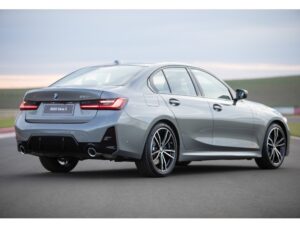
Currently, four in ten premium cars sold in Brazil carry the BMW’s stylized helix on the front grille. The segment dominium has never been so blatant in the last years.
There is a reason: when Audi started to assemble the Q3 with imported kits and Jaguar Land Rover produced a few units in Rio de Janeiro, BMW was sailing practically alone with local production.
And it keeps investing. This month, the new 3 Series, produced in Araquari, SC, arrived at the market. The brand’s bestseller changed inside and out with the introduction of the Live Cockpit Professional, already present in other brand cars in Europe, integrating into a curve screen the 12.3” digital instrument panel and the 14.9” multimedia screen.
Among comfort and technology technologies, stand out the driving assistance systems such as the semi-autonomous parking system, the reverse assist, which reverses in the same way it entered the parking spot, memorizing the last 50 meters before parking, traffic orientation and collision alert
Offered in three finishing versions costing from R$ 308 thousand to R$ 348 thousand, the sedan maintains the well-known 184 cv 2.0 TwinPower Turbo engine and 8-speed transmission. According to the manufacturer, it goes from 0 to 100 km/h in 7.1 seconds.
Photograph: BMW
- “Não temos pressa para crescer” - 9 de abril de 2025
- Exportações crescem 40%, mas Anfavea teme maior concorrência do México - 8 de abril de 2025
- Com Renegade patinando, Jeep perde terreno para os SUVs da Volkswagen - 3 de abril de 2025

